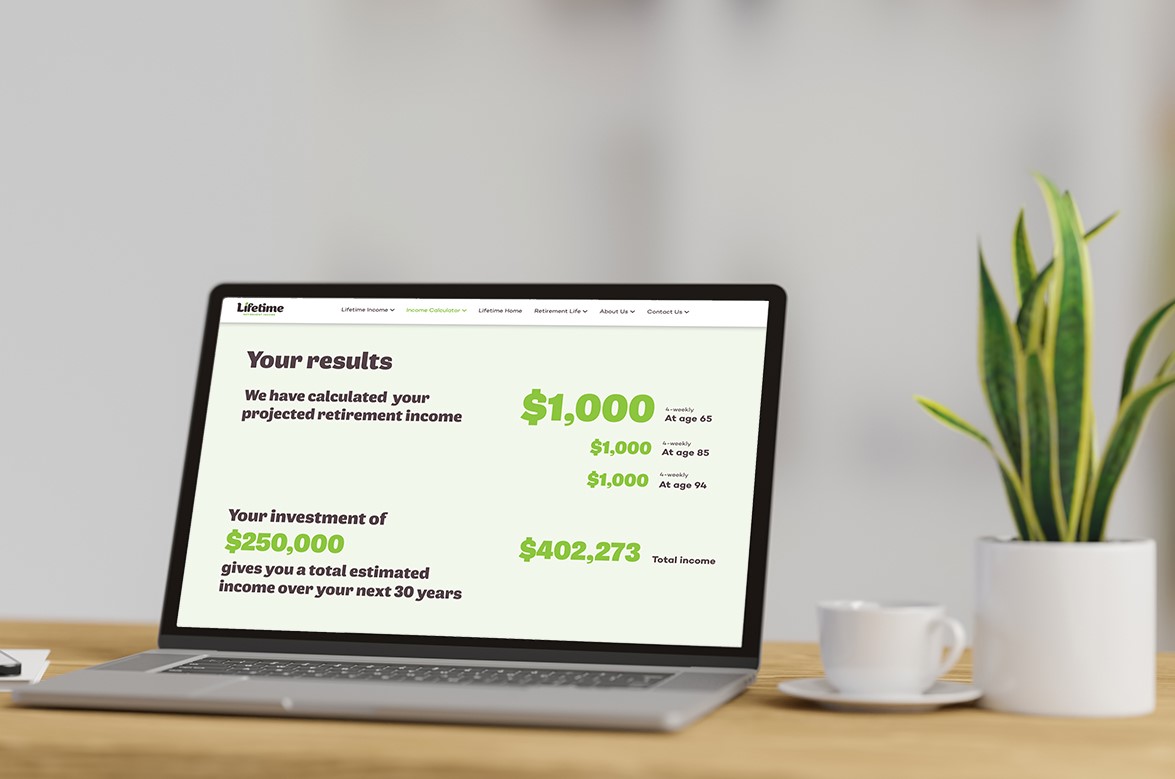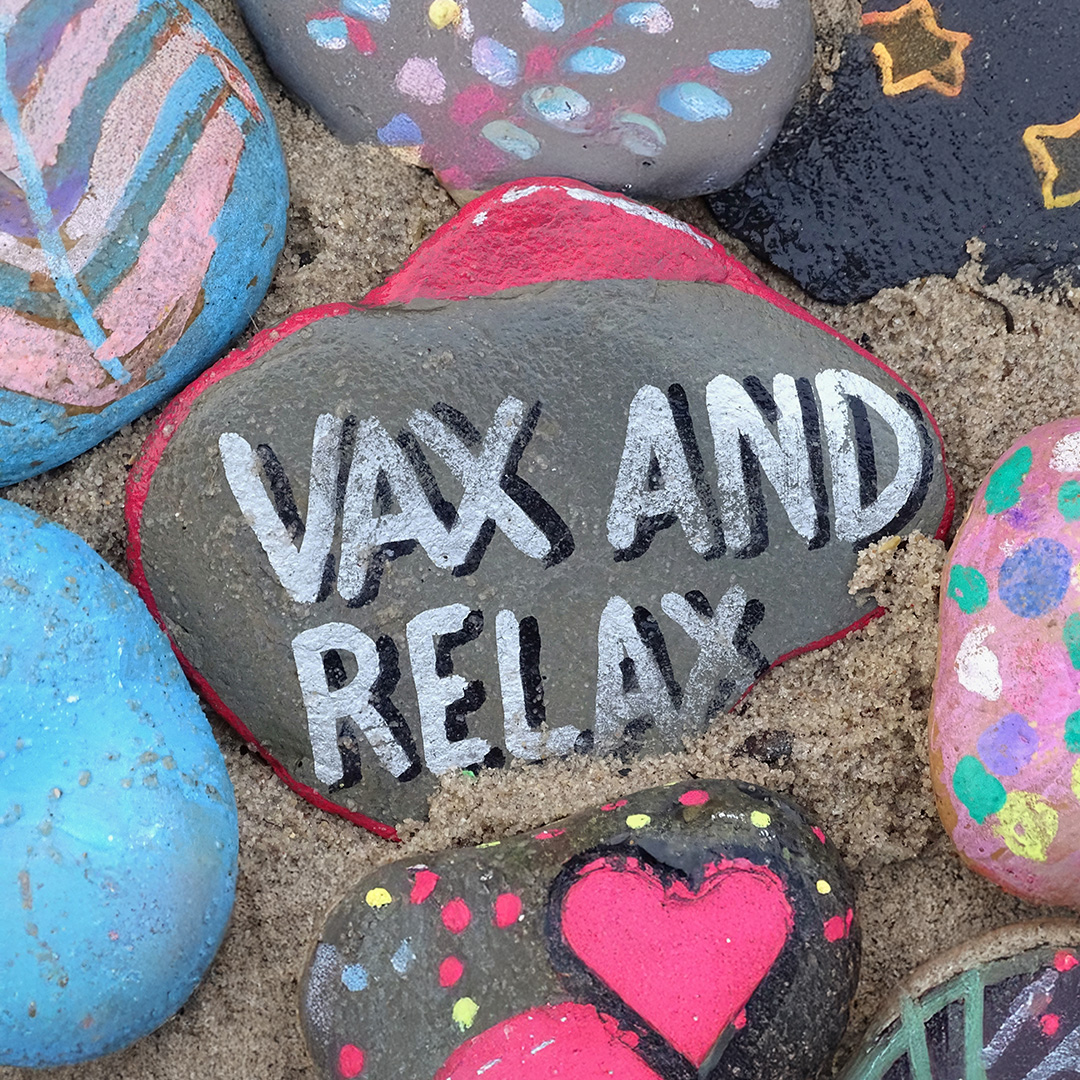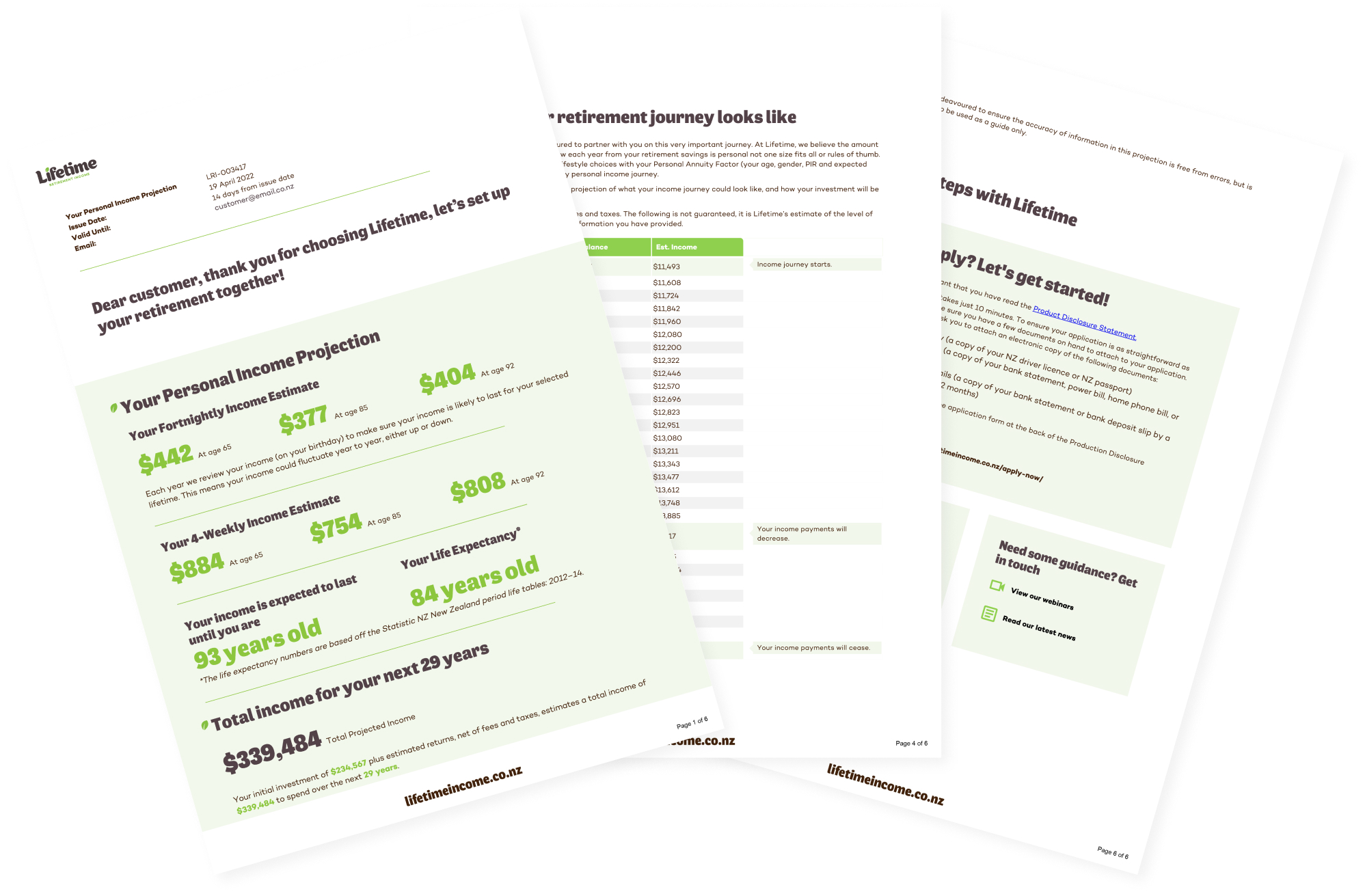Retirement Life
13 May 2025
One more reason to get the shingles vaccine
If you haven’t had shingles (lucky you!), you’ve almost certainly heard about it. What starts out as a weird tingle is swiftly followed by an itchy rash that turns into blistering pain and potentially life-altering complications. Sounds like something you’d rather avoid like the plague?
Here’s the good news: the two-dose vaccine is remarkably effective at preventing shingles. Even better? It’s free, but only for 12 months after your 65th birthday (or for those with particular health conditions). After that, you can still get it, but you’ll have to pay. So, if you've just hit that milestone birthday, or you’re about to, now’s the time to act.
Let’s break down what shingles is, why it’s such a big deal (especially for older people), and what recent science says about a surprising bonus benefit: possibly lowering your risk of dementia.
What is shingles, exactly?
Shingles is caused by the same virus (varicella-zoster) that gave us chickenpox as kids. After your chickenpox cleared up, the virus didn’t leave. It’s been lying dormant in your nervous system, just waiting for your immune defences to take a dip (which they often do as we age). Then, BAM…shingles.
The classic shingles symptom is a painful rash, usually on one side of your body or face. But it’s more than just a skin issue. Before the rash even appears, you might experience strange tingling or burning. And for some, the pain doesn’t stop when the rash fades. That’s because shingles can mess with your nerves.
Why shingles is worse after 50
Shingles might seem like a nuisance for some, but for many older people it can have serious, long-lasting effects. We’re talking:
- Postherpetic neuralgia – persistent nerve pain that can last months, even years.
- Eye damage or vision loss – if the virus hits near your eye.
- Hearing loss or facial paralysis – if it spreads to the ears or facial nerves.
- Bacterial skin infections – from open blisters.
- Balance and neurological issues – in rare cases, the virus can inflame the brain and lead to memory, movement or coordination problems.
Calculate what you could draw in retirement.

None of this is on anyone’s retirement wishlist.
The vaccine: your best defence
Shingrix is the vaccine used in New Zealand. You need two doses, spaced 2–6 months apart, and it’s been shown to offer strong protection for at least five years.
As long as you get your first dose while you’re still 65, the second dose is also free, even if you get it after you’ve turned 66. After that, you’ll need to pay.
Shingles vaccine and dementia: a surprising connection
Here’s where things get really interesting. A large study in Wales recently found that people who received the shingles vaccine were 20% less likely to develop dementia over the next seven years than those who weren’t vaccinated and 3.5% less likely to get dementia overall.
One potentially mitigating factor is that the study looked at an older version of the vaccine (the live herpes zoster known as Zostavax). Shingrix is the vaccine you’ll get now, which uses different technology.
While one US study published last year found Shingrix appeared to lower the risk of dementia even further than Zostavax, the researchers of the Welsh study suspect that the live nature of the Zostavax vaccine might be the key. The upshot is the jury’s still out and more research is required.

Why the link to dementia?
Scientists believe it might be due to fewer reactivations of the shingles virus in the brain, which could otherwise lead to inflammation and damage that mimics Alzheimer’s disease. Others suggest the vaccine may boost the immune system more generally, offering broader protection.
Either way, the researchers are excited. It’s early days, but the evidence is promising. And any jab that might protect your brain as well as your body is surely worth considering?
What if I’m already older than 65?
If you’ve missed the free vaccine window, you can still get vaccinated, you’ll just need to pay. And given the potential complications of shingles, many find it’s money well spent. Some people with specific health conditions (like certain cancers or weakened immune systems) may also qualify for a free vaccine, regardless of age — check with your doctor.

Project your retirement income.
You can get the vaccine through your GP, nurse or participating pharmacy. It’s also safe to get at the same time as your flu or COVID jabs, so you can tick off multiple vaccines in one go.
Invest with Lifetime for a retirement income managed for living.
